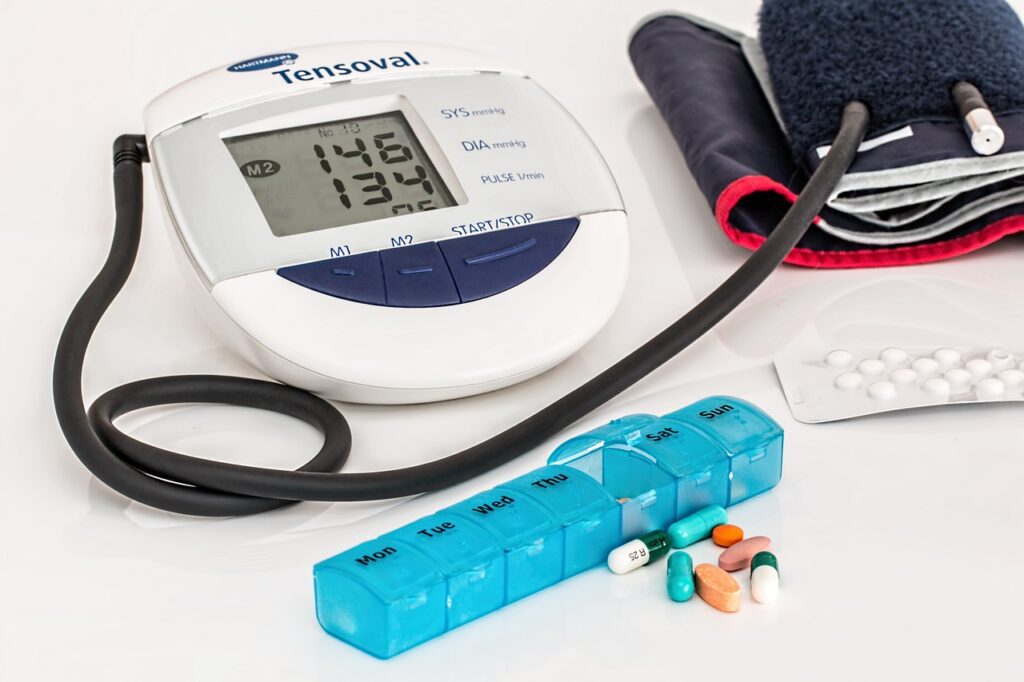
High Blood Pressure (Hypertension) is a condition in which the force exerted on the artery walls by the blood is too high. This happens when the arteries become narrower due to some reasons which we would soon discuss, and yet the heart pumps more blood which is supposed to pass through the narrow arteries. This makes the blood to travel through the blood vessels with more force than required.
Blood pressure reading is considered normal if it is below 120/80 mmHg for an average adult. However blood pressure reading above 140/90 mmHg is hypertensive and considered to be severe when it is above 180/120 mmHg.
When blood pressure is high, it makes the heart to work harder than required to be able to pump blood through the blood vessels and this can lead to serious complications such as atherosclerosis thus hardening of the arteries, stroke, kidney diseases and heart failure.
Read Also: Healthy practices to prevent hypertension
High blood pressure can also damage the arteries and blood vessels over time due to the constant force from the blood and this could lead to dangerous complications and even death if left untreated. Later on we shall delve more into the effects of high blood pressure on the body but now let us discuss the causes.
Causes of High Blood Pressure
Even though there are no clear exact causes of hypertension, there are certain factors that put one at risk. When hypertension is suspected to be as a result of these risk factors, it is known as essential hypertension.
In some cases hypertension can be directly caused by some underlying health conditions and some medications. When the direct cause of hypertension is identified, it is known as secondary hypertension.
Risk factors that could lead to hypertension.
- Excessive smocking
- Drinking too much alcohol and other caffeine based drinks
- Persons with family history of hypertension
- Too much salt in the diet with less or no fruits and vegetables
- Old age
- Gaining too much or obesity
- Lack of exercise
- Stress
- Living in a deprived area among others.
Some underlying health conditions that can cause high blood pressure include the following:
- Diabetes – a condition where the blood sugar is too high
- Kidney disease
- Sleep apnea – a condition where your breathing stops and starts while you’re asleep.
- Long term kidney infections
- A condition where the artery supplying the kidney become narrow
- Scleroderma – also known as systemic sclerosis is the hardening and tightening of the skin and the connective tissues beneath it.
- Lupus – an inflammation condition that occurs when the immune system attacks its own tissues and organs.
- Glomerulonephritis – a group of diseases that causes injury to the part of the kidney that filters blood.
Medications that can cause high blood pressure.
- Contraceptives or birth control pills
- Some cough and cold medicines
- Some recreational drugs such as amphetamines and cocaine
- Antidepressants such as venlafaxine, bupropion and desipramine
- Angiogenesis inhibitors such as tyrosine kinase inhibitors and monoclonal antibodies
Note that if your blood pressure rise is caused by medication, then it is likely to fall back to normal levels once you stop taking the medication.



Pingback: Healthy Practices on How to Prevent Hypertension. |
Pingback: Causes and Symptoms of Prostate Cancer. |